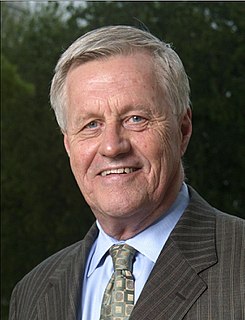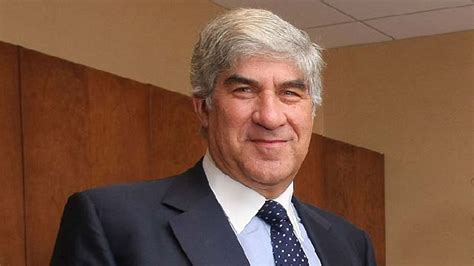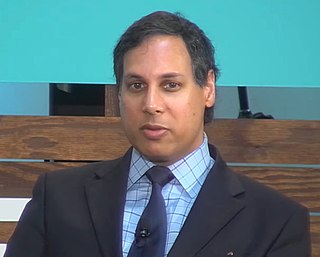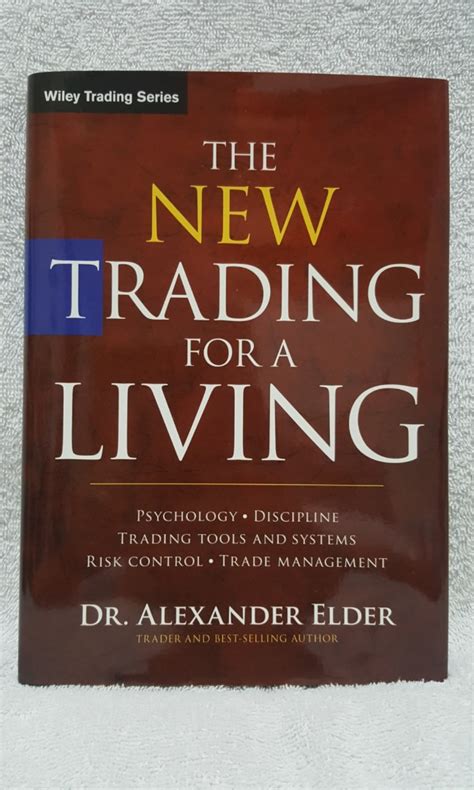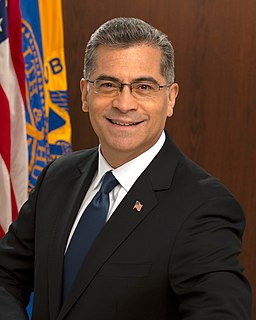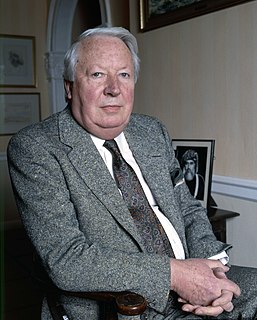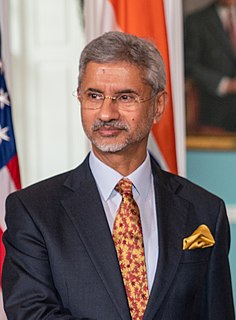Top 1200 Trade Quotes & Sayings
Explore popular Trade quotes.
Last updated on April 21, 2025.
The World Trade Organization is an organization that defends trade interests. I think the problem is less that they exist. The problem is that internationally we've only got an organization that protects trade interests. Surely we need some kind of counterweight to protect human rights and the environment, too.
Hillary Clinton's position on policy on markets and trade is very plain, which is we'll do trade deals but only if they meet three criteria, increase American jobs and wages and are they good for national security. If they are and if we can enforce them, then trade deals are okay. If not, we can't embrace them.
[Donald Trump] is talking a lot about redoing trade and that's the area that is getting globalists nervous. Number one, they want certainty. They do not want to see a disruption in trade. He's promising to rip up NAFTA, redo NAFTA. He's not going to do the Trans-Pacific Partnership, the TPP trade with Asia.
My experience with novice traders is that they trade three to five times too big. They are taking 5 to 10 percent risks on a trade when they should be taking 1 to 2 percent risks. The emotional burden of trading is substantial; on any given day, I could lose millions of dollars. If you personalize these losses, you can’t trade.
Famine emerges from a lack of interlocal trade; when one locality's food crop fails, since there is virtually no trade with other localities, the bulk of the people starve. It is precisely the permeation of the free market throughout the world that has virtually ended this scourge of famine by permitting trade between areas.
We are already well down the road toward a managed-trade regime. It would be far better to acknowledge that reality, and seek a set of reasonable rules, than to pretend that Ricardian trade is the norm and allow mercantilist states to overwhelm U.S. industry and ratchet down wages, in the name of free trade.
The far more likely Trump scenario is this: Chinese leaders realize they no longer have a weak leader in the White House; China ceases its unfair trade practices. America's massive trade deficit with China comes peacefully and prosperously back into balance, and both the U.S. and Chinese economies benefit from trade.
The Transatlantic and Transpacific Trade and Investment Partnerships have nothing to do with free trade. 'Free trade' is used as a disguise to hide the power these agreements give to corporations to use lawsuits to overturn sovereign laws of nations that regulate pollution, food safety, GMOs, and minimum wages.
For sure, certain policies and positions that the party has had for 30 years are going to have to be rethought because [Donald] Trump does have a bit of a mandate when it comes to sort of thinking through trade and rebalancing our trade and how Republicans are going to sort of have a posture towards trade.












